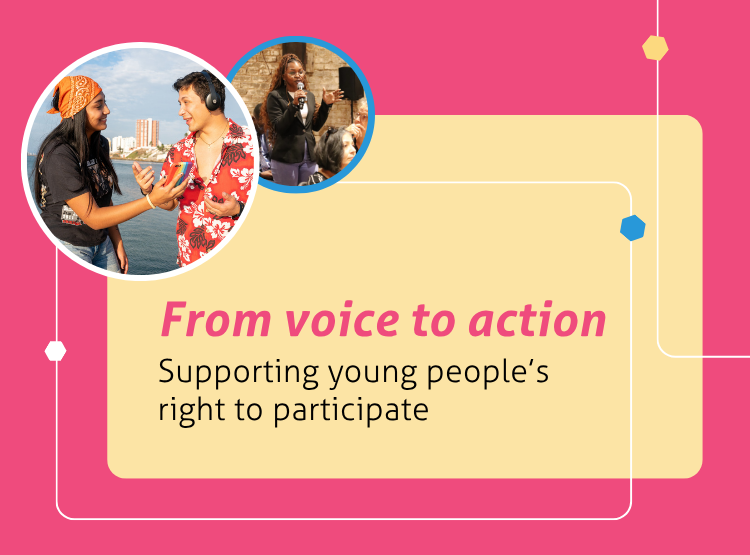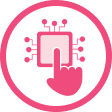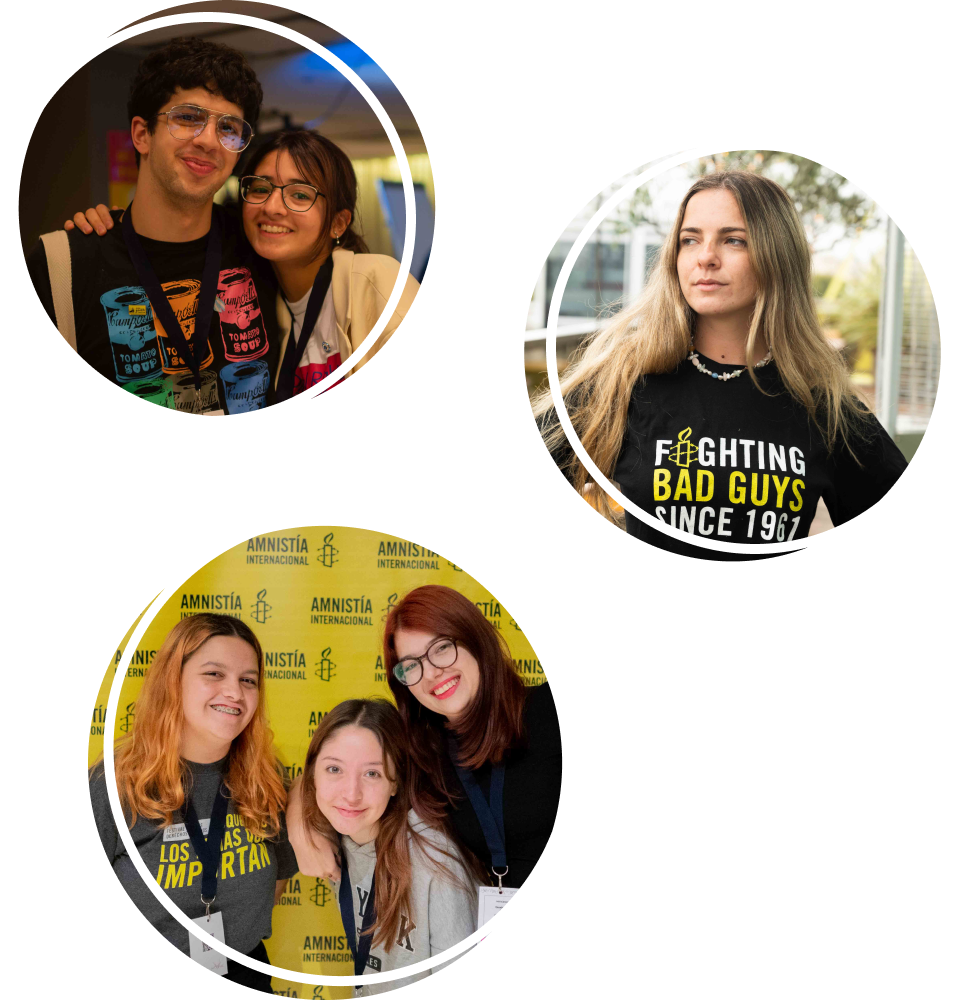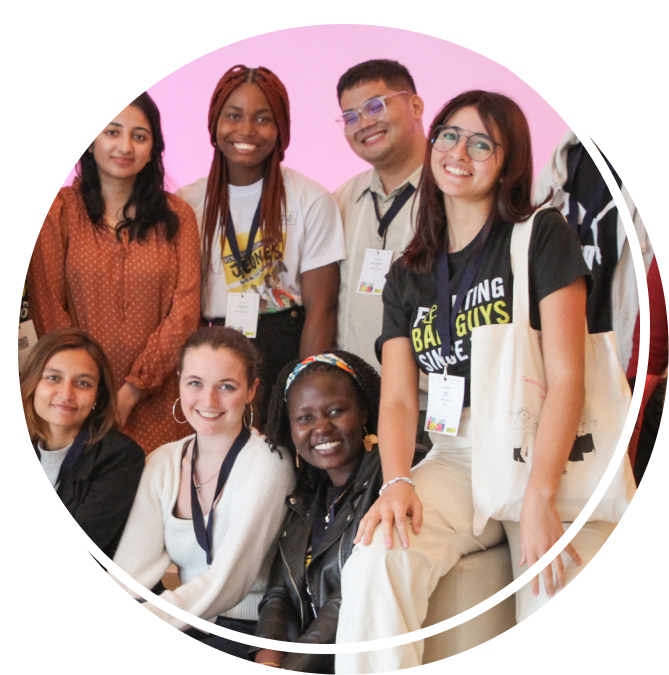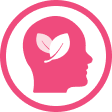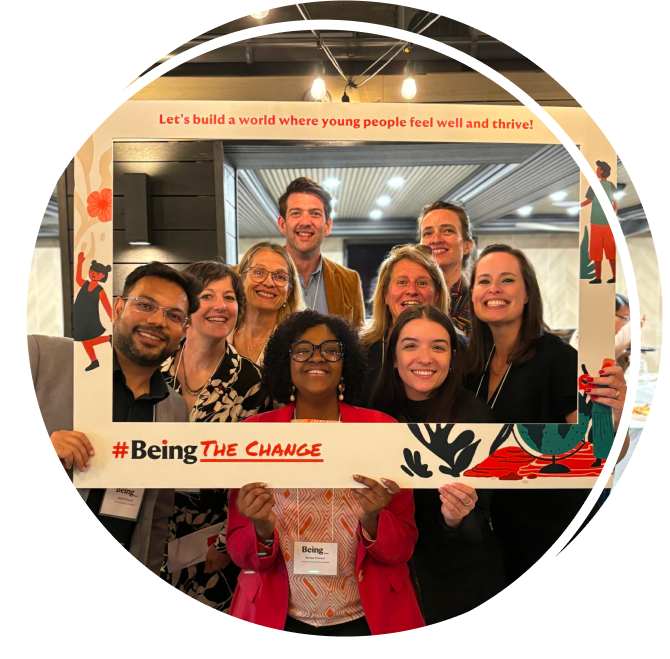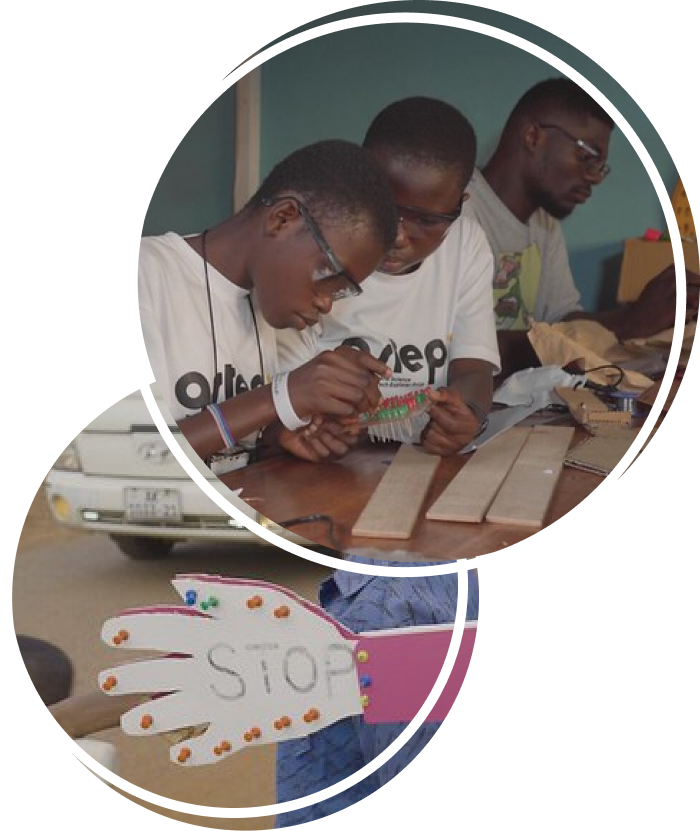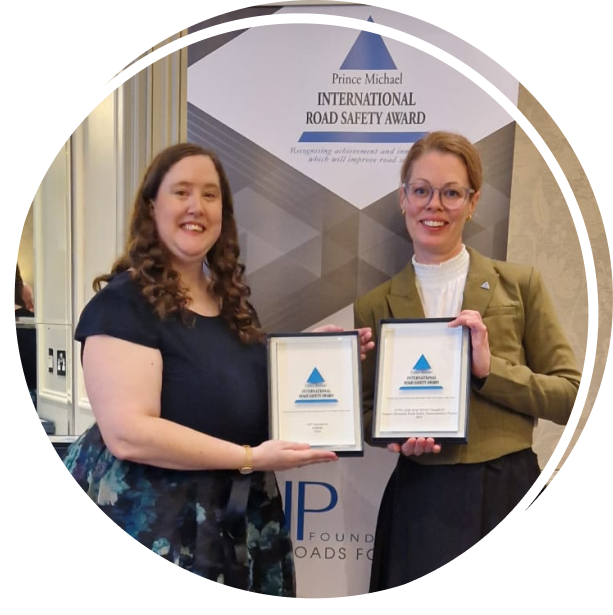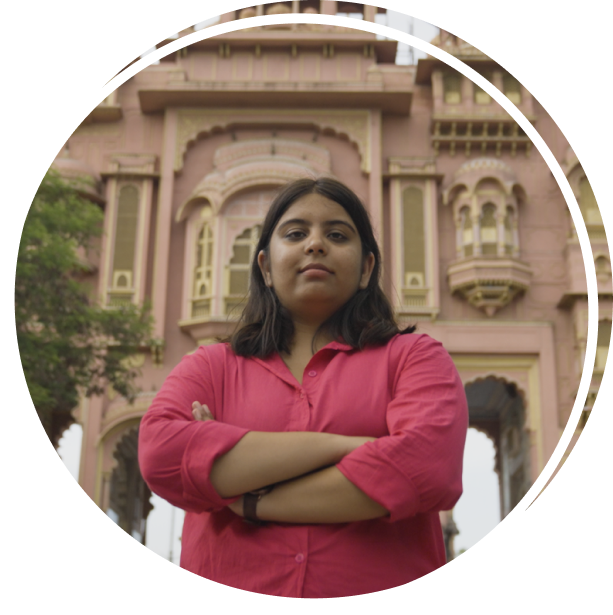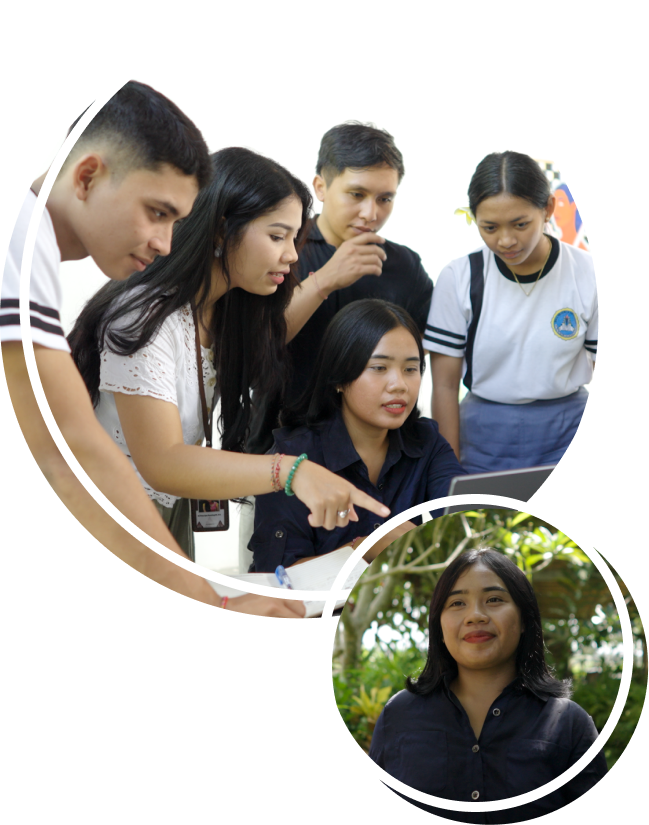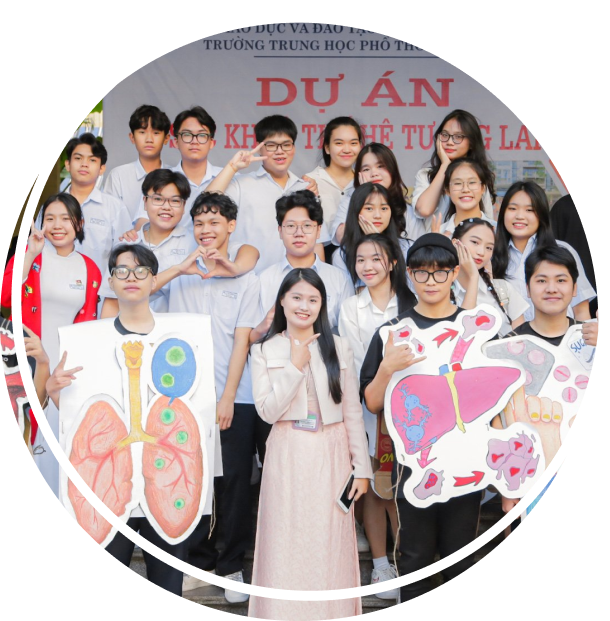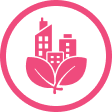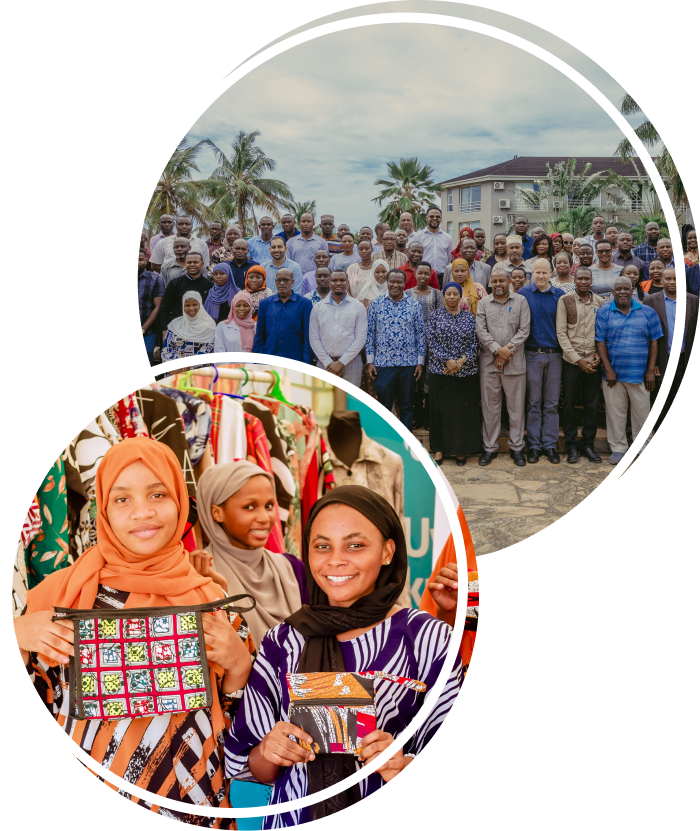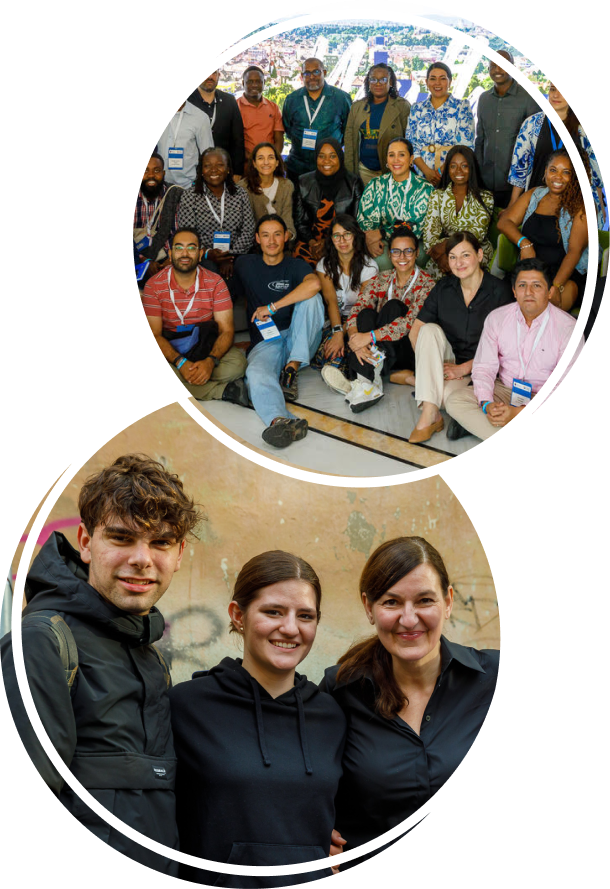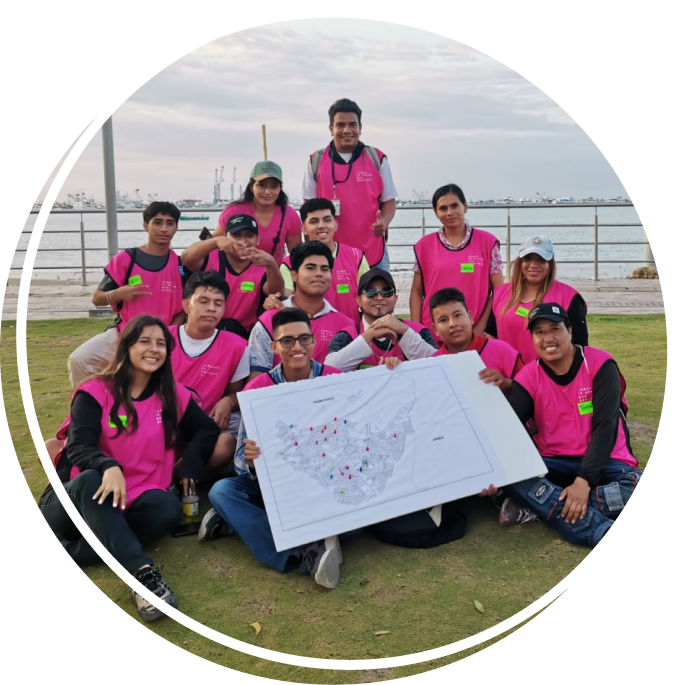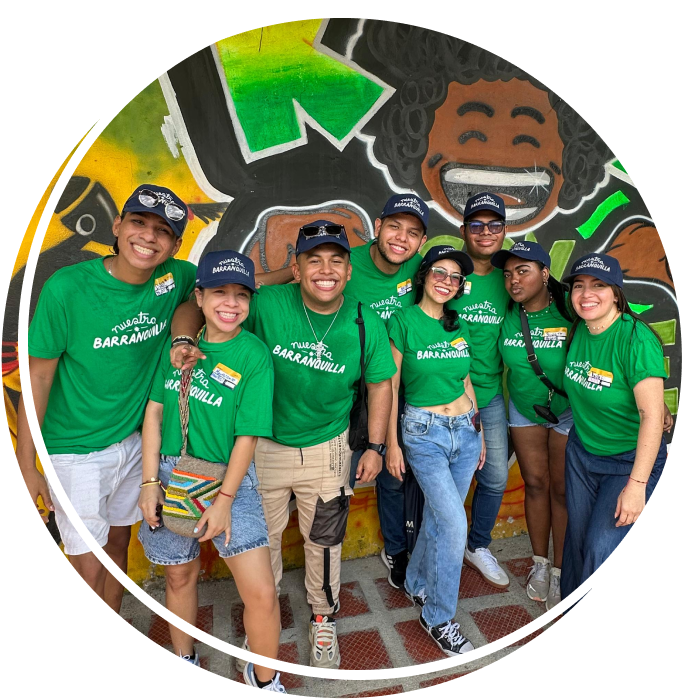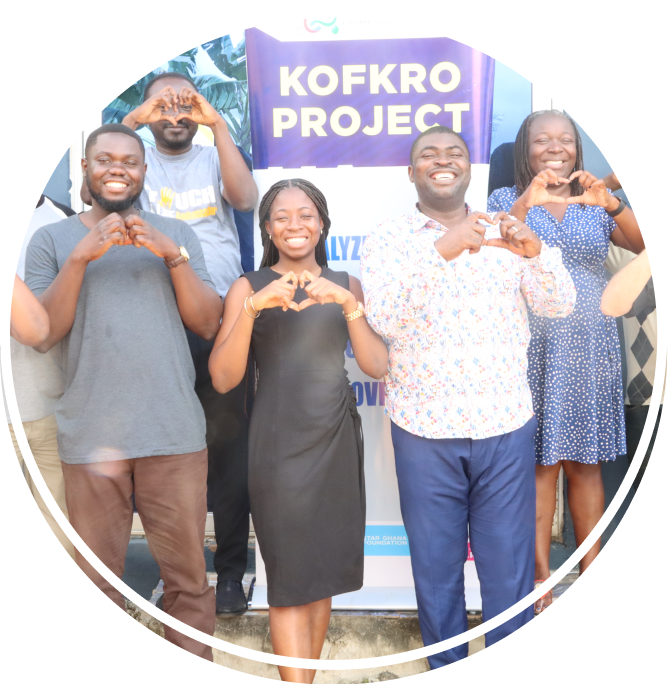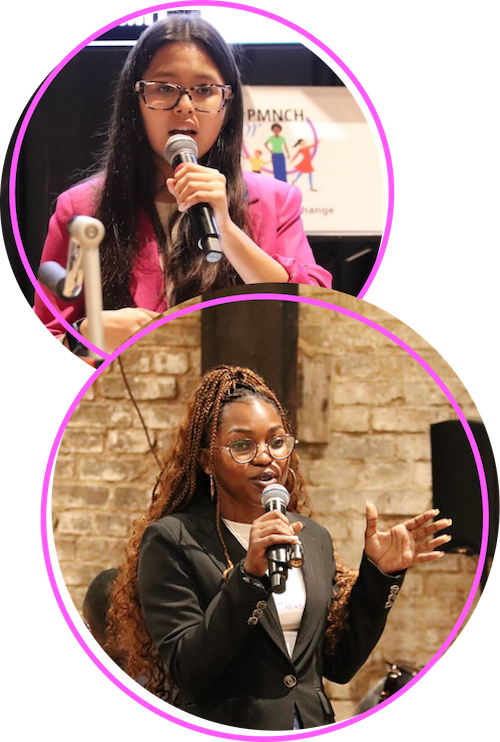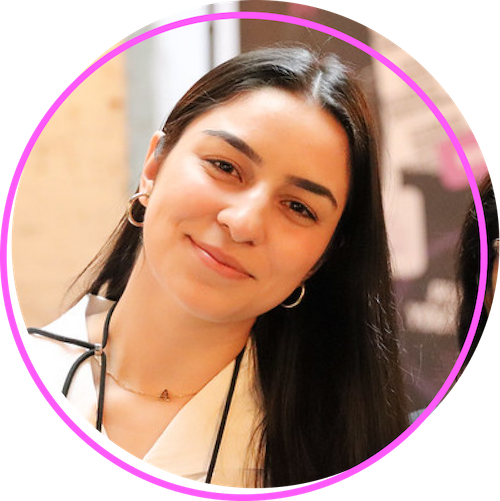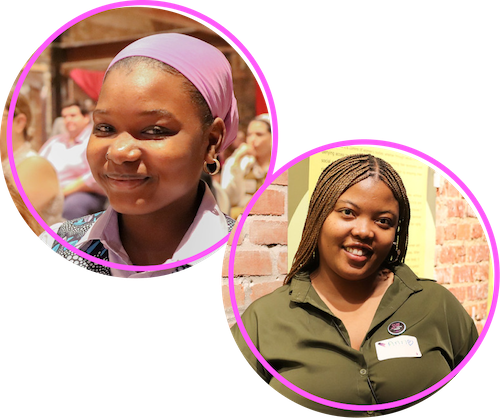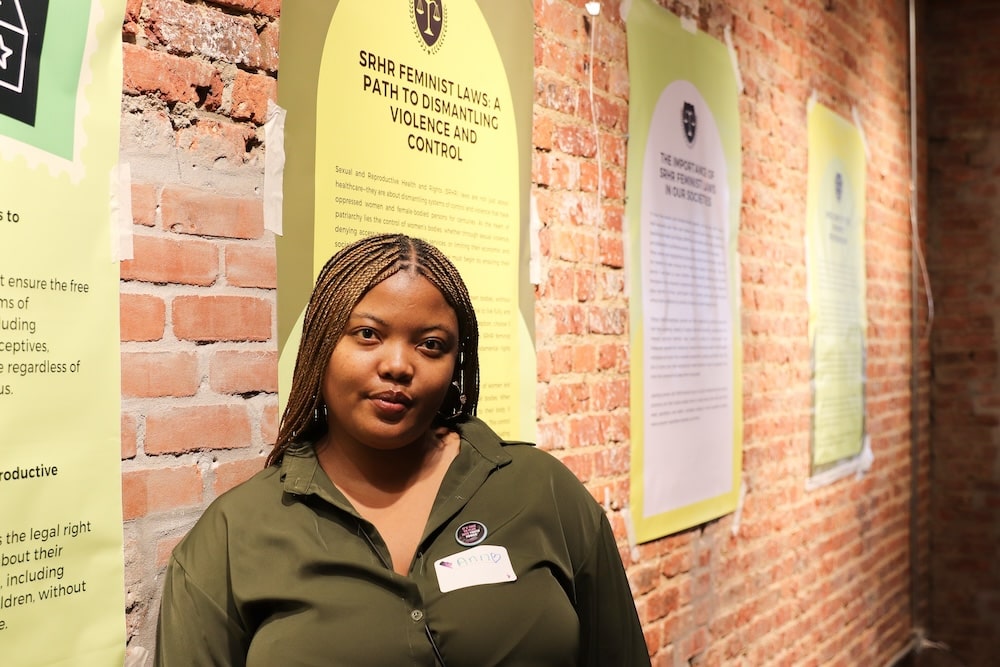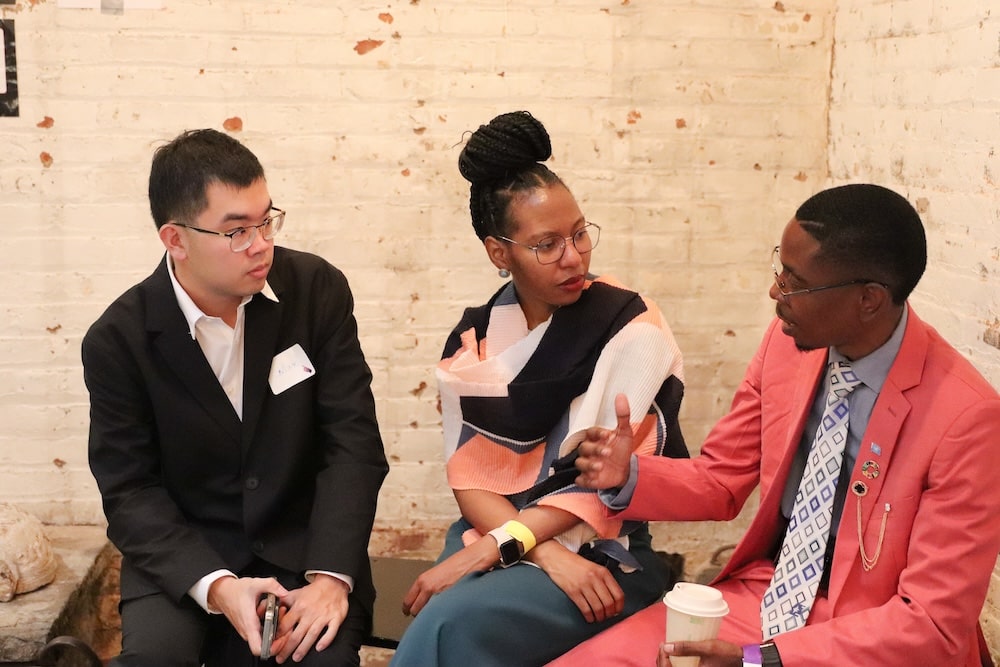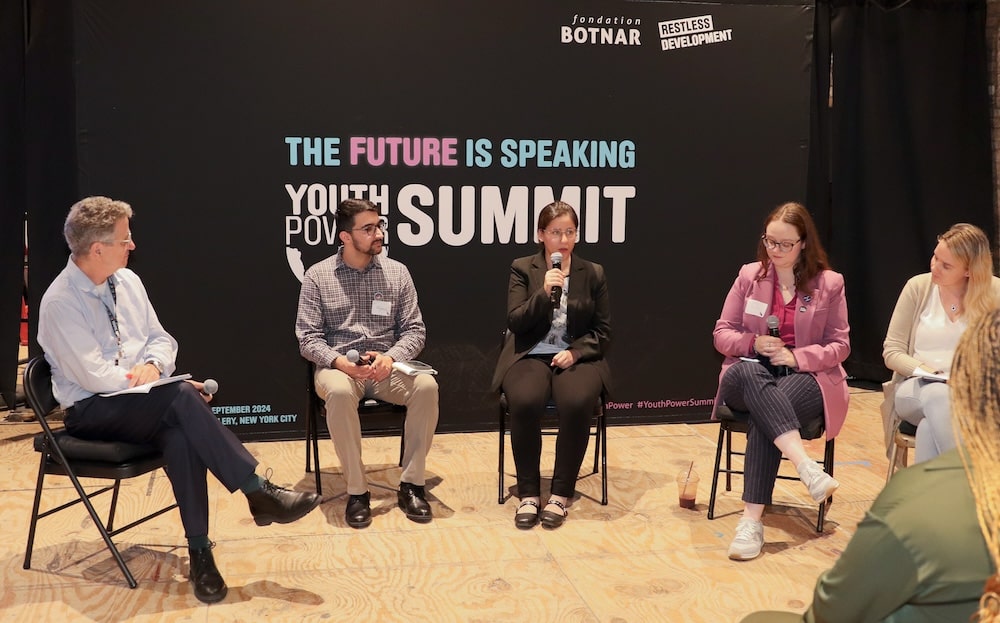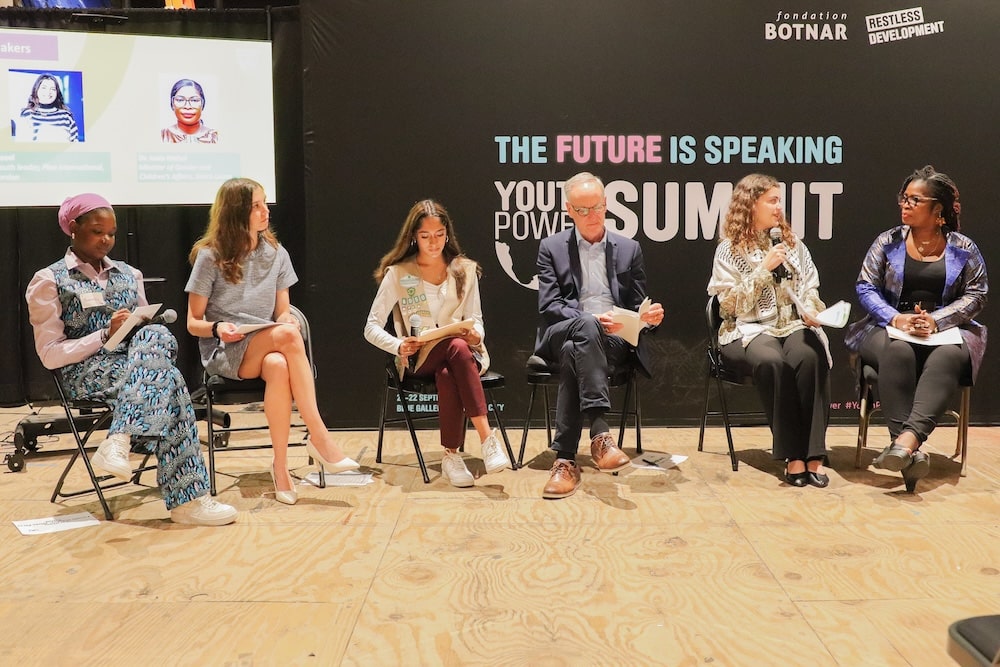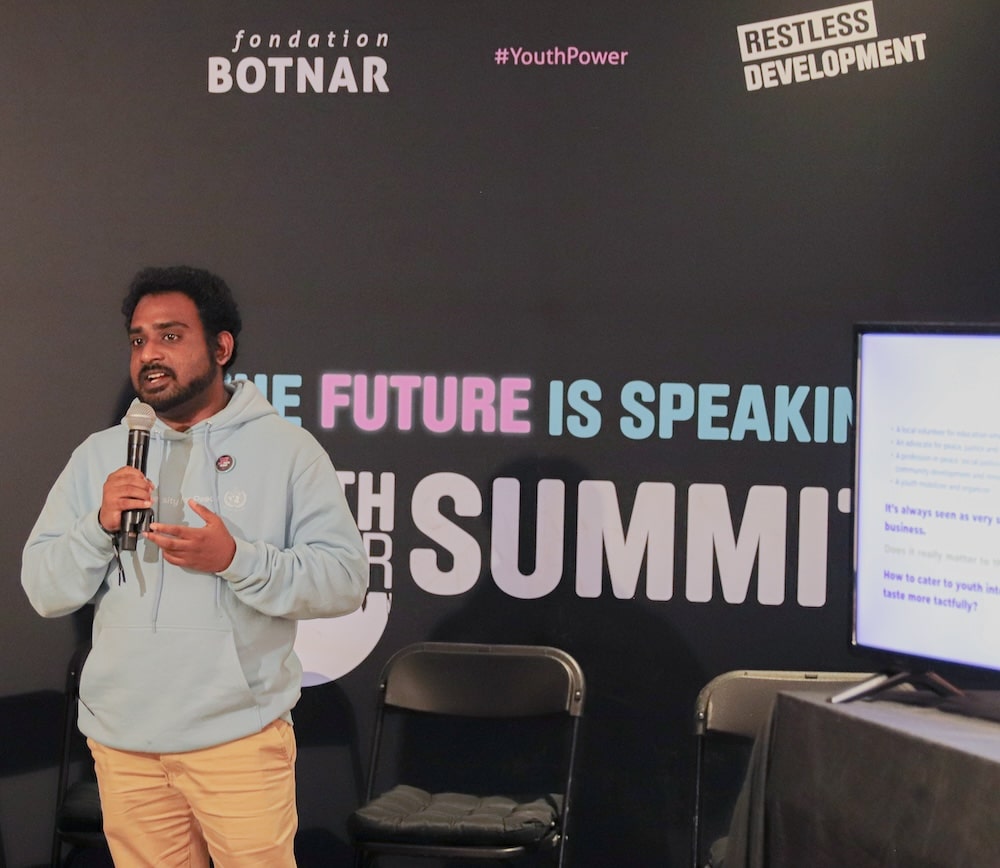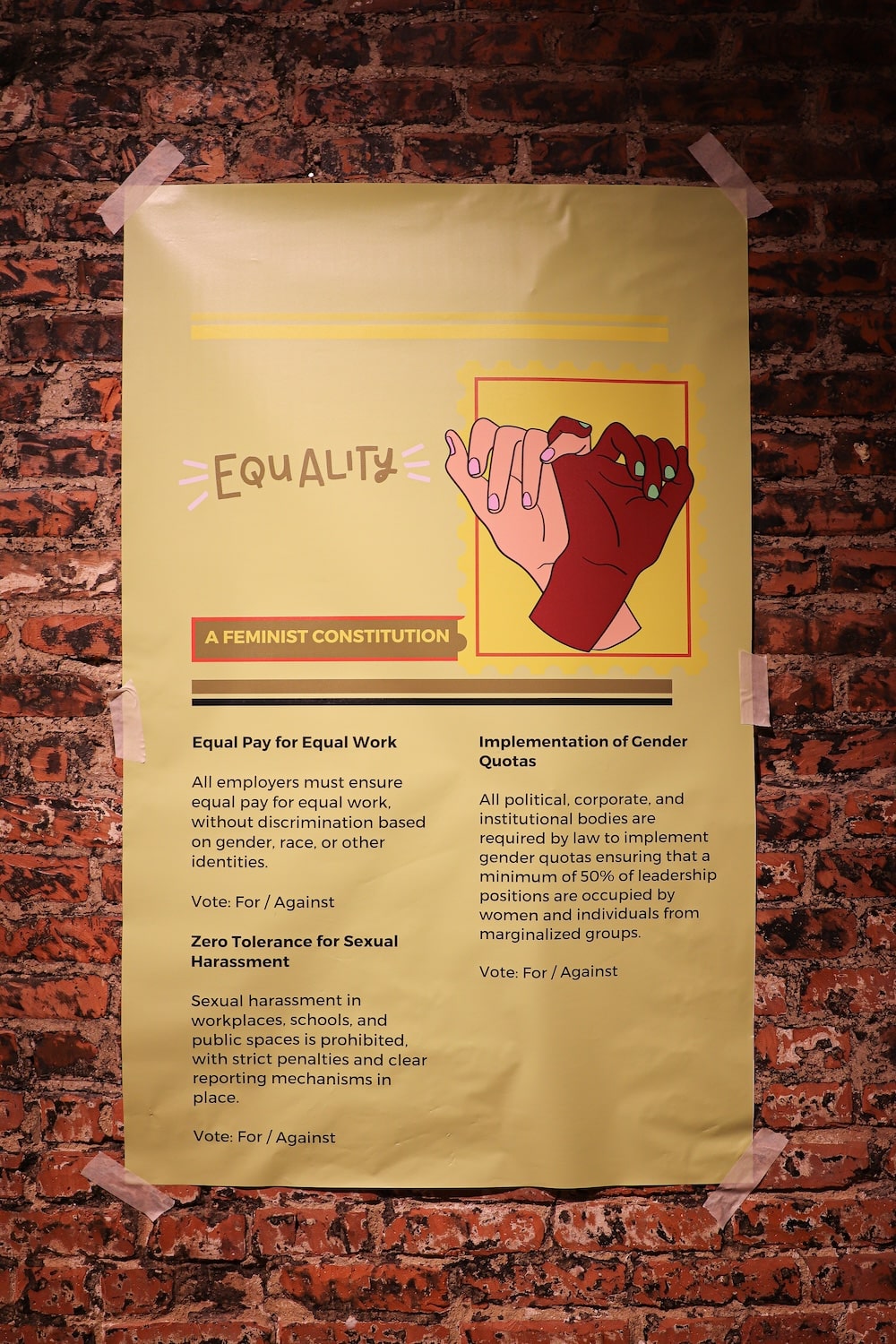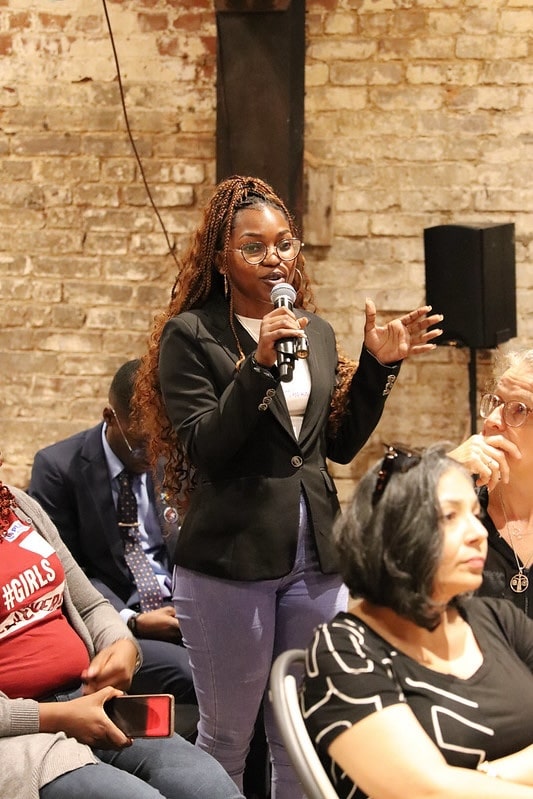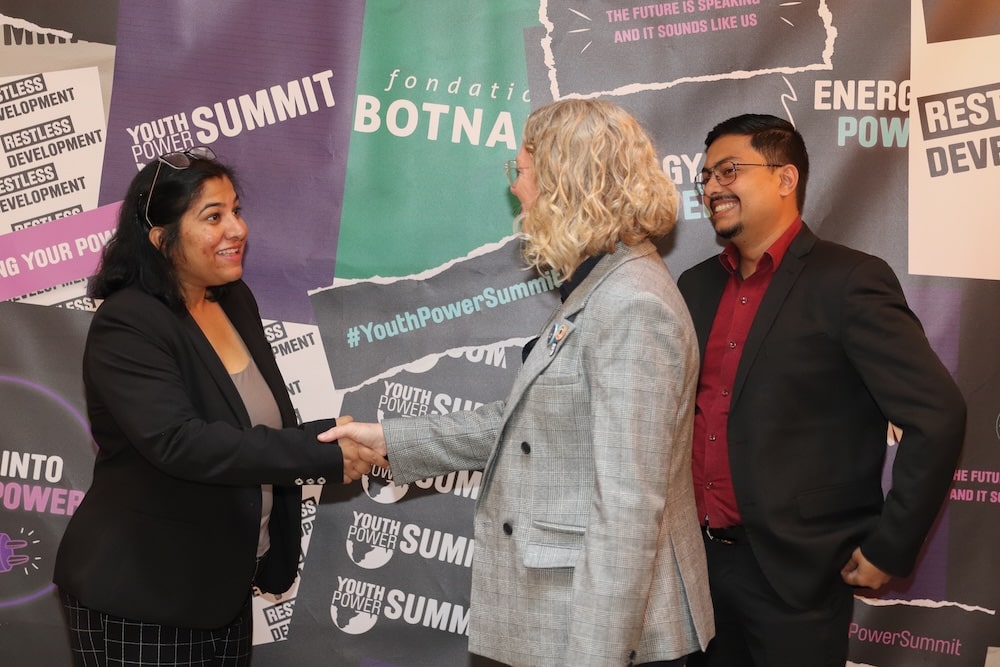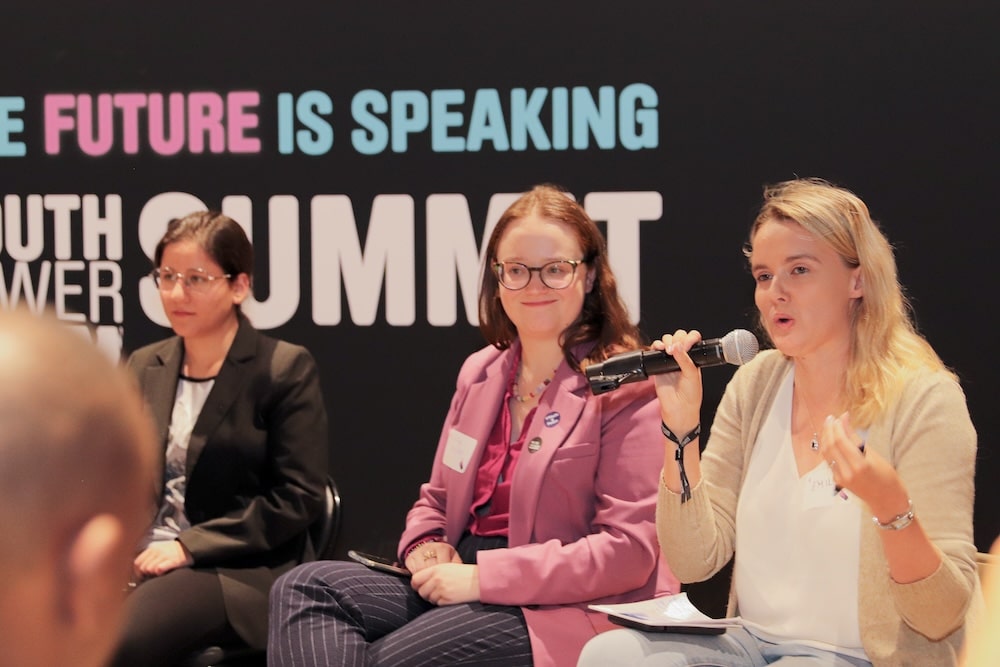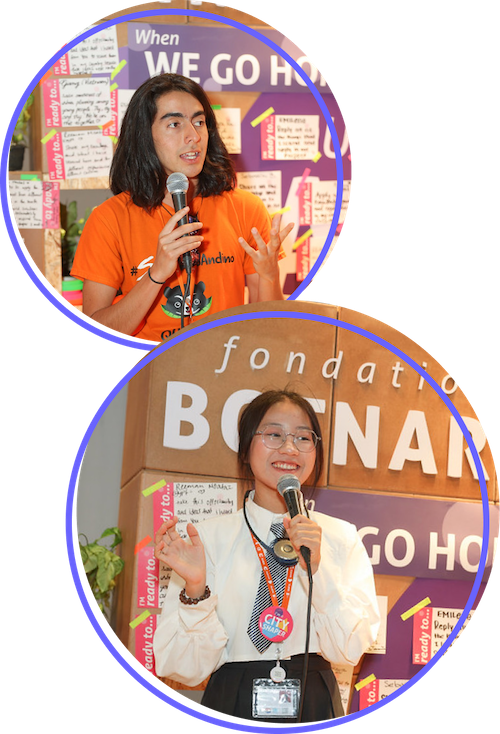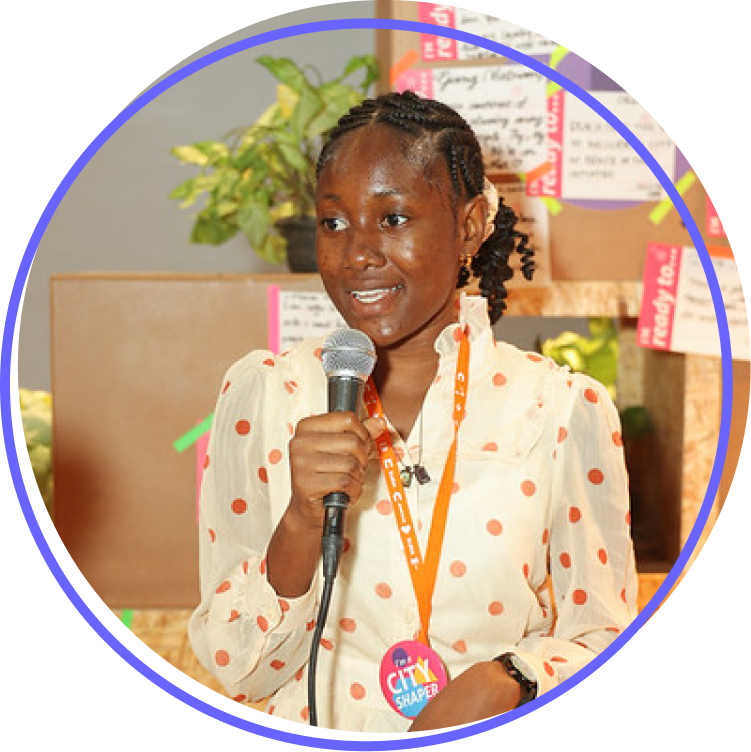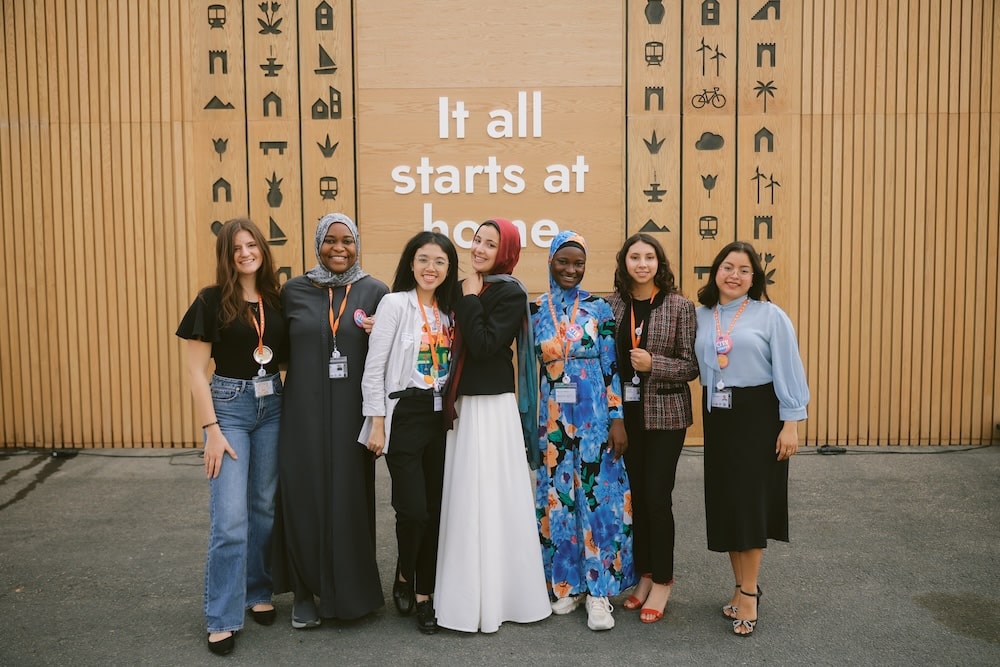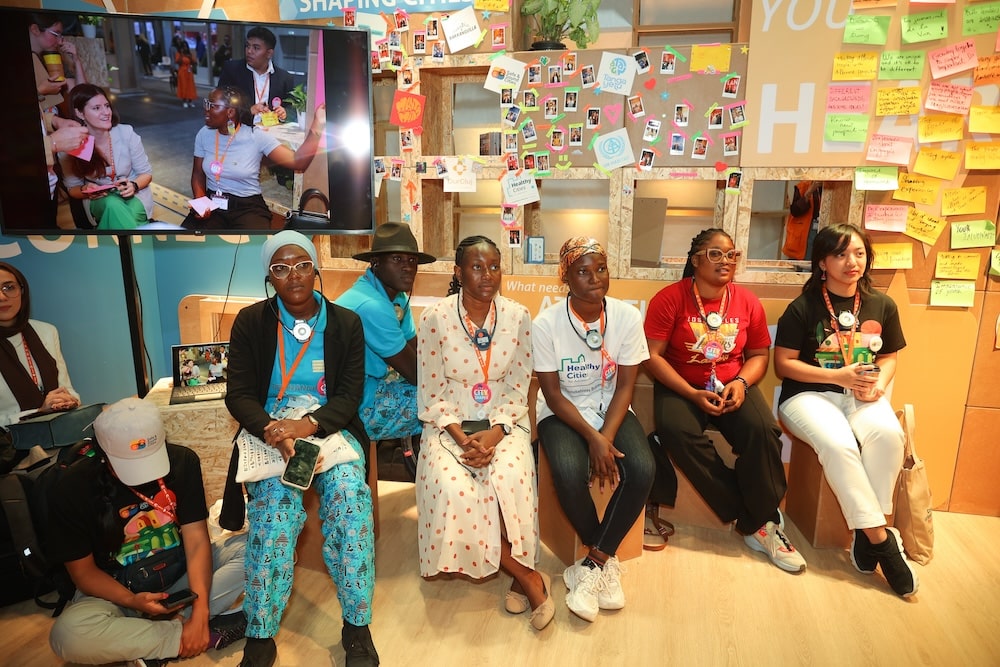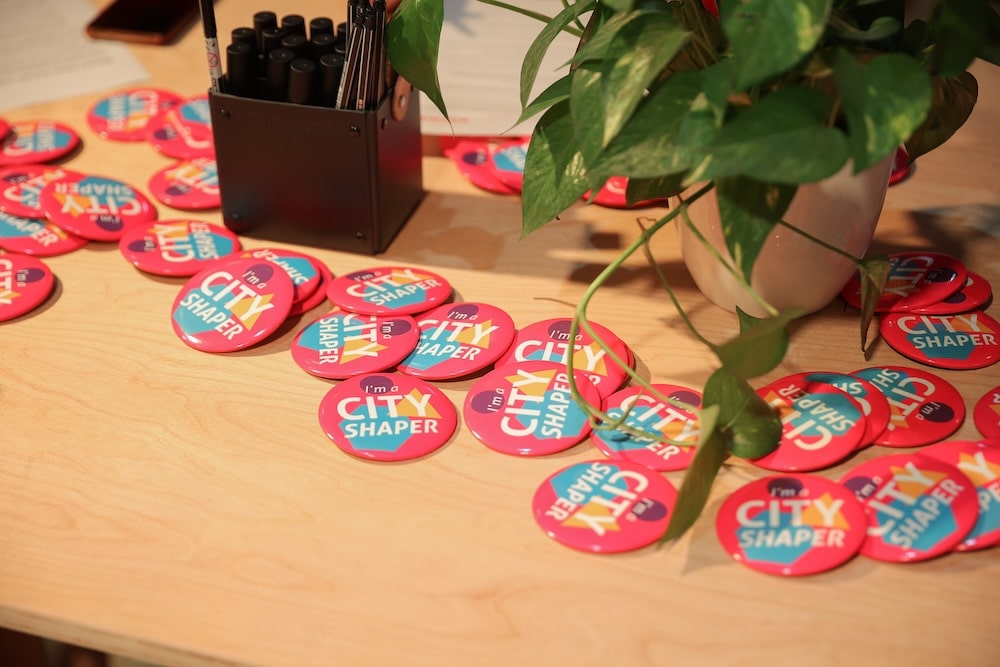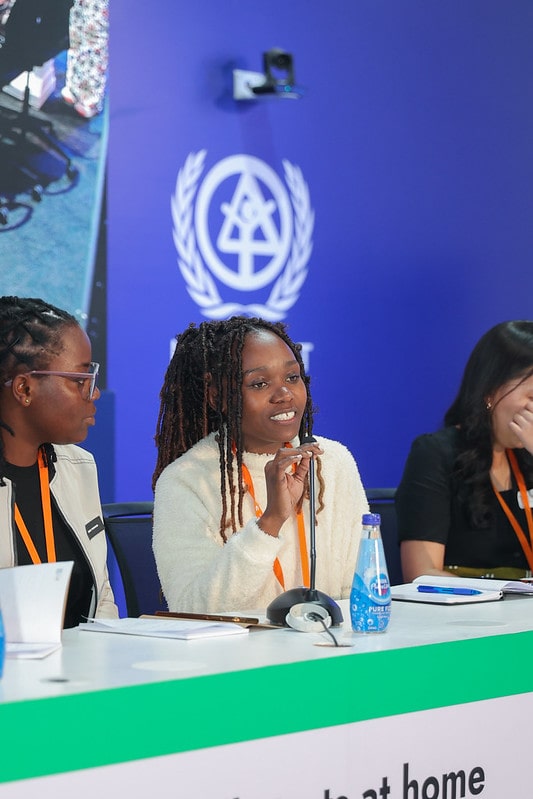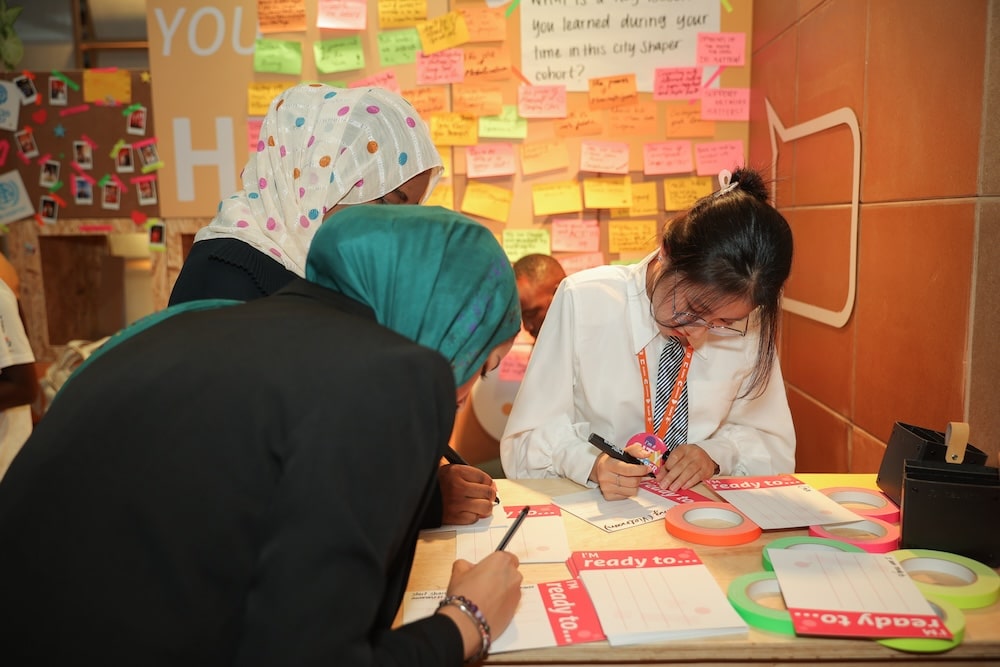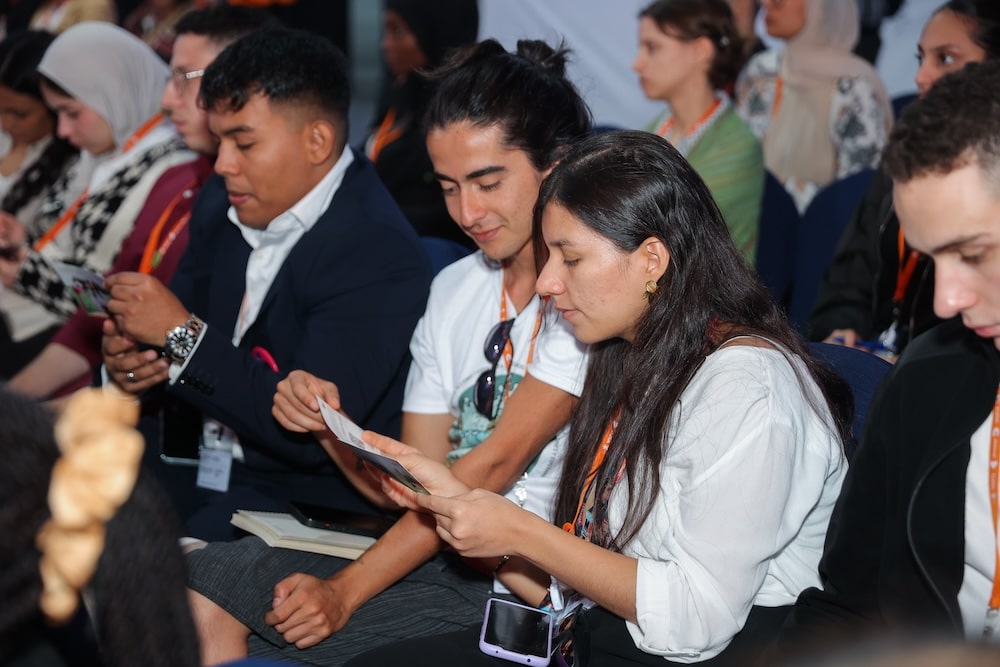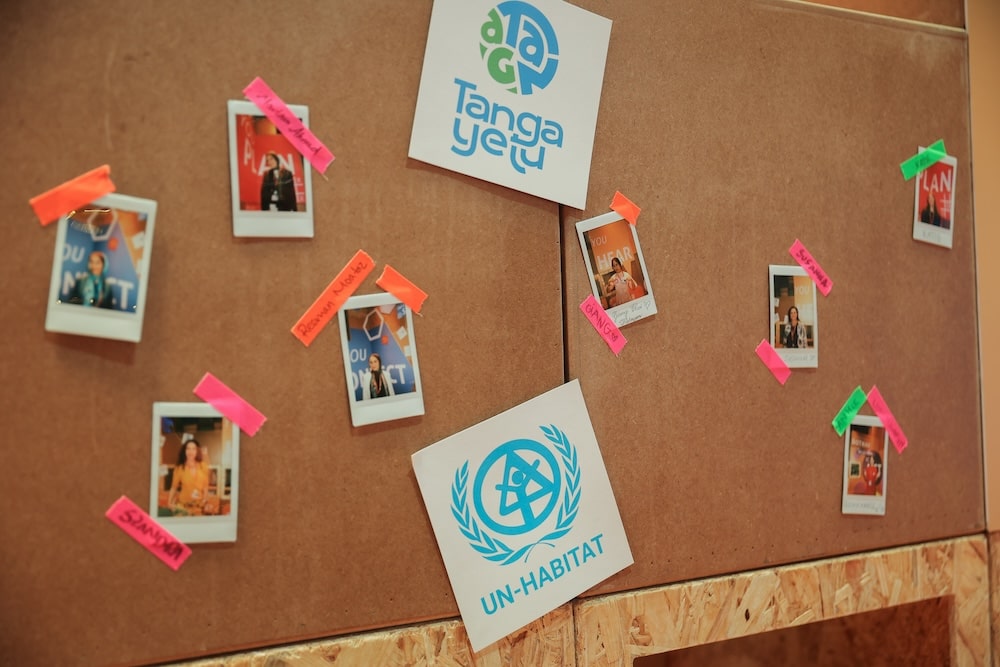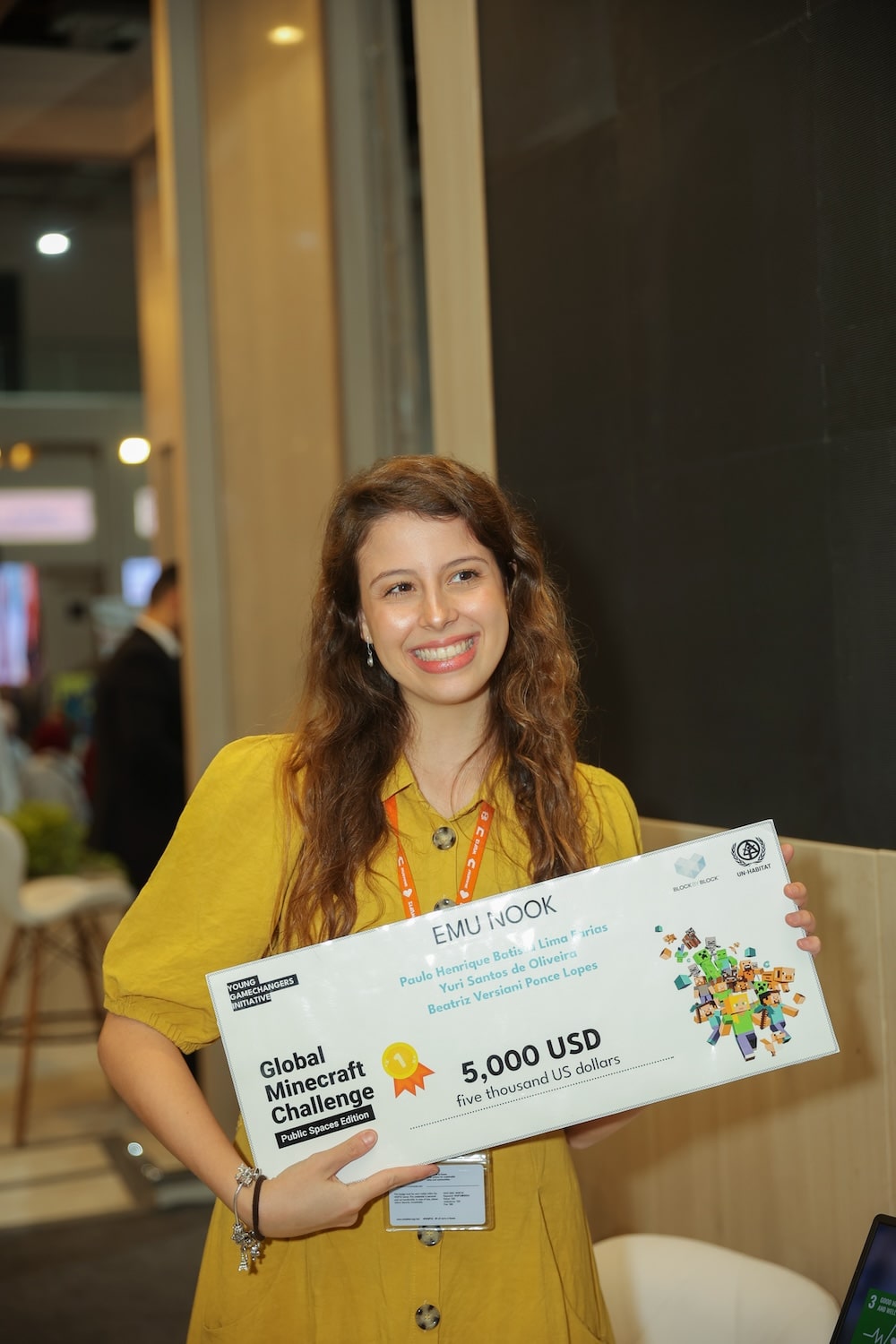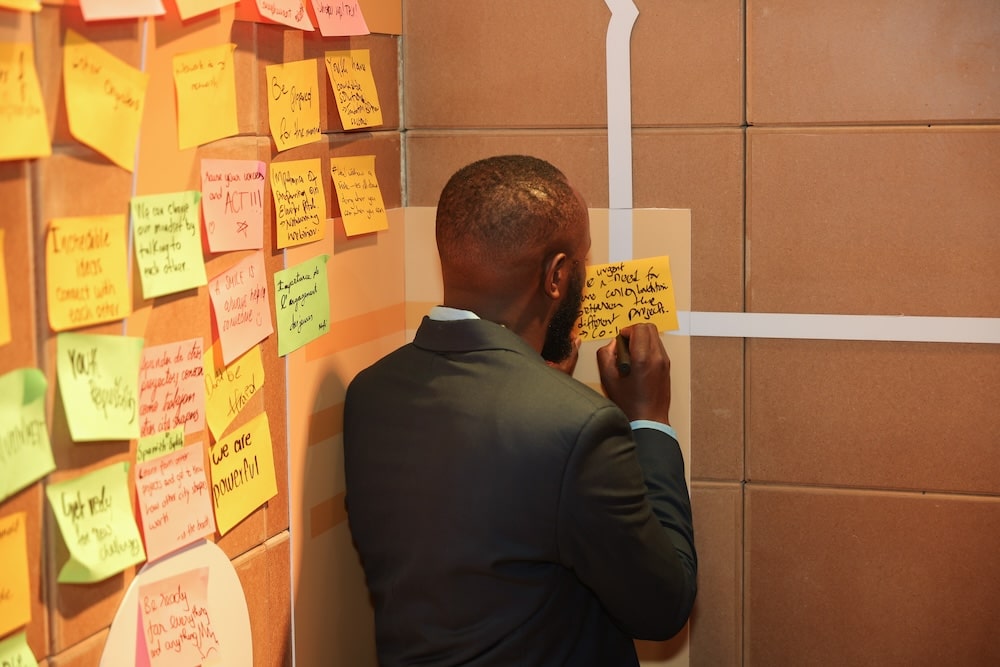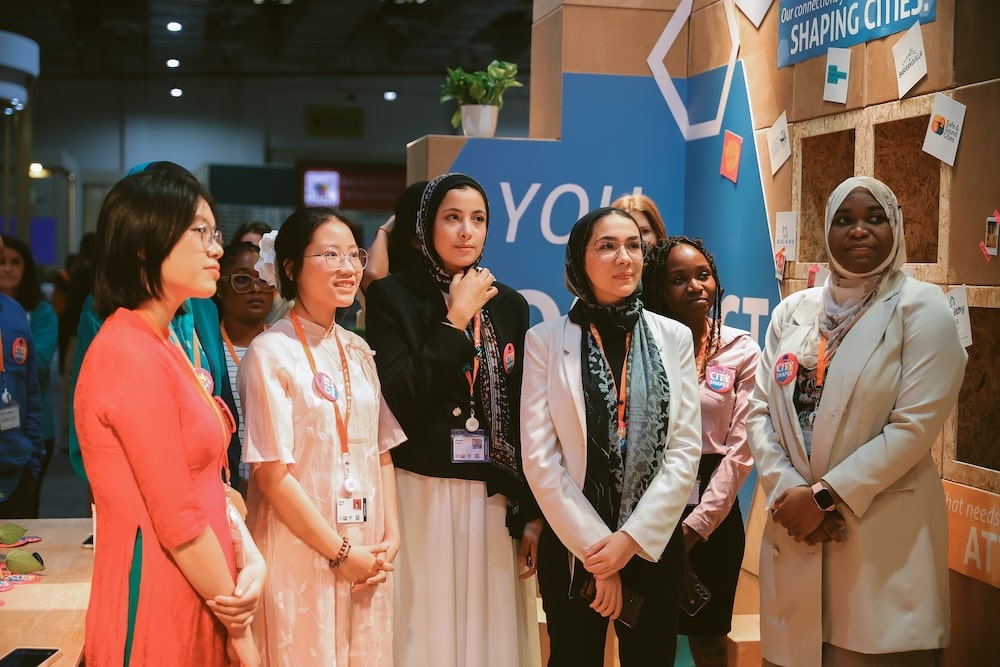It’s been less than one year since I joined Fondation Botnar, but even in this short period, we find ourselves in a different world.
The global development sector is at a critical crossroads. Cuts to international aid by major donor governments are not only undermining efforts to address today’s complex and interconnected crises, but also signalling a broader retreat from protecting human rights, especially of young people and marginalised communities. These crises are exacerbating the immense challenges facing young people, from political and economic instability to exploitative practices that undermine their rights and wellbeing. This context underlines why youth participation must remain central to shaping solutions.
“We don’t need perfection—we need opportunity. Trust us with room to explore, reflect, unlearn, and lead. With your support, we can build a better future together.”
Priscilla Adu-Amankwah, Monitoring and Evaluation Officer, AFES Ghana, OurKoforidua, part of the OurCity initiative

At Fondation Botnar, we’re committed to creating opportunities and platforms that enable young people to meaningfully participate in decisions affecting their wellbeing. This commitment is anchored in Article 12 of the UN Convention on the Rights of the Child, which states that children and young people have the right to express their views and be taken seriously. This right is often violated in many parts of the world, where young people are excluded from decision-making or engaged only in tokenistic ways that reinforce established hierarchies.
By fostering rights-based youth participation, we focus on shifting unequal power relations and structures and holding duty-bearers to account, so that young people feel supported in claiming their rights and exercising their agency.
“To truly hear young people, organisations need to move beyond consultation and toward shared ownership. Creating space is not enough—young people must be invited in as equal partners from the beginning, not after the agenda has already been set.”
Mercedes Alvarez Treveset, Digital Rights Champion, RIGHTS Click, Amnesty Argentina
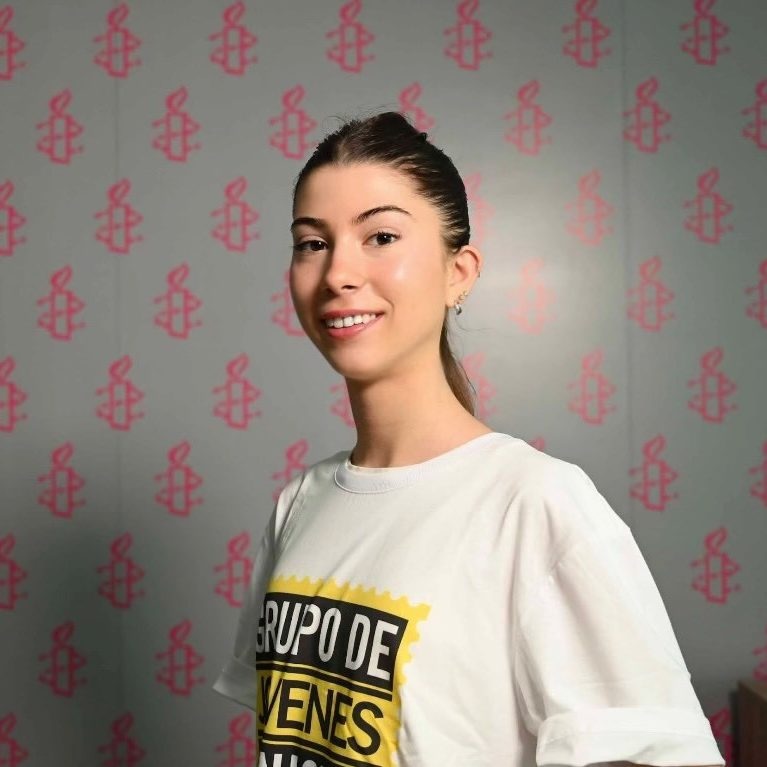
Through our philanthropic work, we engage with a broad range of young people aged 10 to 24. Building on our experience with partners and programmes over the years, we’ve developed a youth participation framework to serve as a basis for our philanthropic work. This framework enables both the organisation and our partners to adapt the most appropriate type of engagement, individually or in combination, to each context and goal. This includes:
- Consultative participation: Seeking the views of various stakeholders, including young people, to better understand their lives and experiences.
- Collaborative participation: Providing opportunities for shared decision-making and partnership with adults and other stakeholders, enabling young people to influence both the process and the outcomes.
- Youth-led participation: Young people create the space and opportunity to initiate their own agendas and increase their influence.
We look forward to sharing our experience of implementing this framework.
On the occasion of International Youth Day 2025, we’d like to acknowledge and celebrate all our partners and young people driving change at different levels.
“It is essential to our commitment to greater youth participation that we ourselves are a young team. In order to pursue our approaches, they must be consistently developed by young people for young people.”
Tim Altermatt, Working Group Lead, Evaluation, Monitoring, Learning & Luisa Durrer, Co-Managing Director, CATAPULT Basel
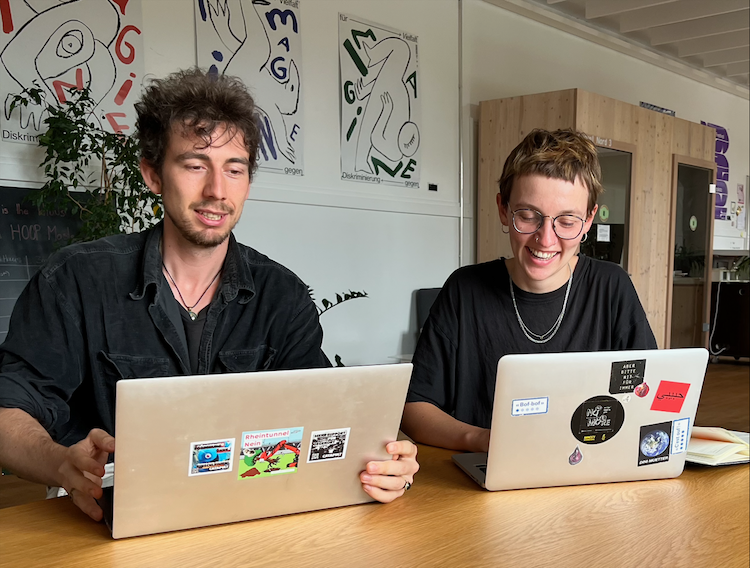
By taking a rights-based approach, it’s critical that we work with our partners and other progressive actors in the philanthropic sector. Together, we must continue to hold governments and the private sector accountable for protecting and upholding young people’s rights. And even in the face of reduced aid and global uncertainty, vital work continues, driven by young people and local partners. By amplifying these voices and building on their leadership, we can collectively shape a fairer and more inclusive future for young people everywhere.
